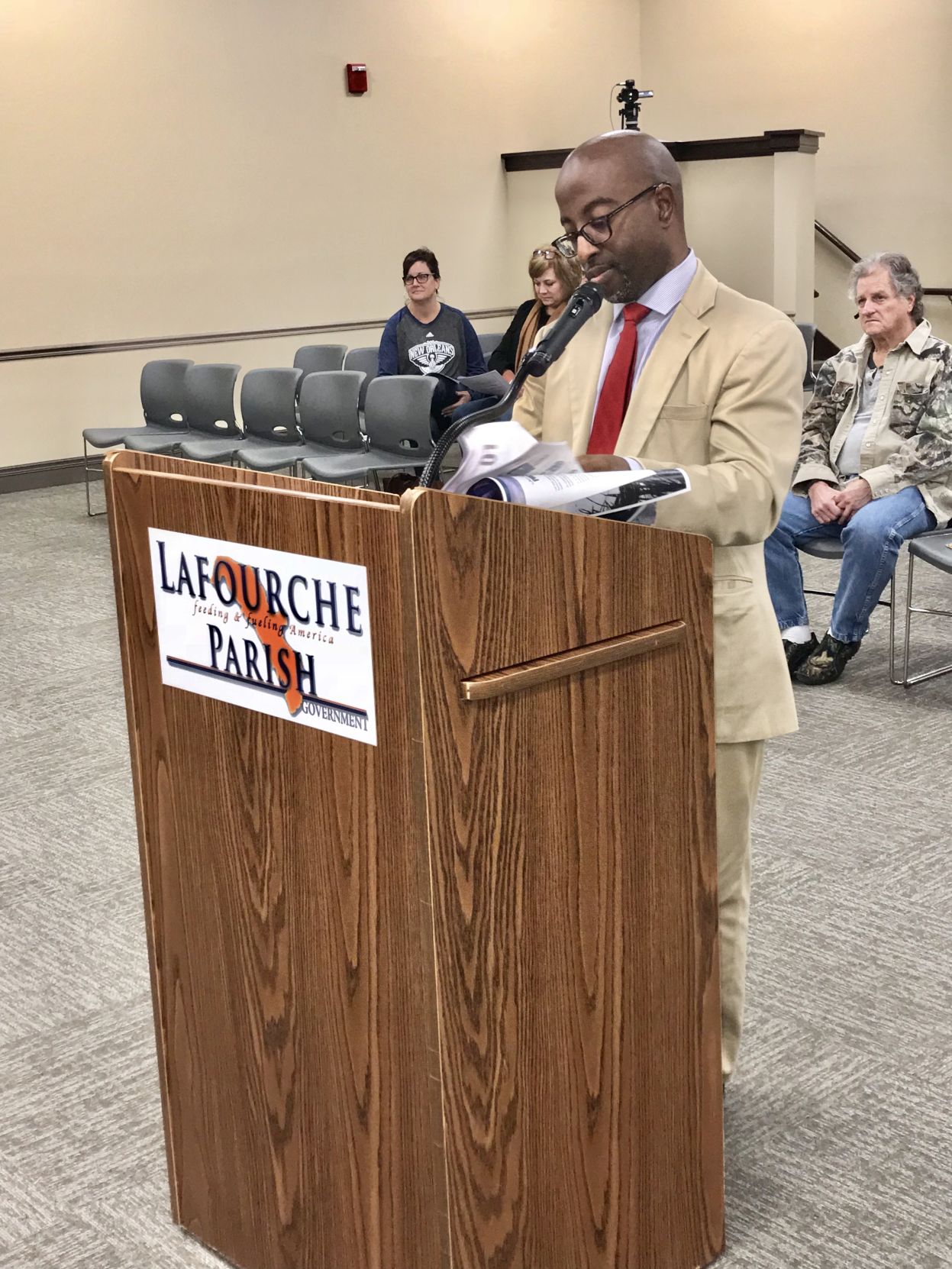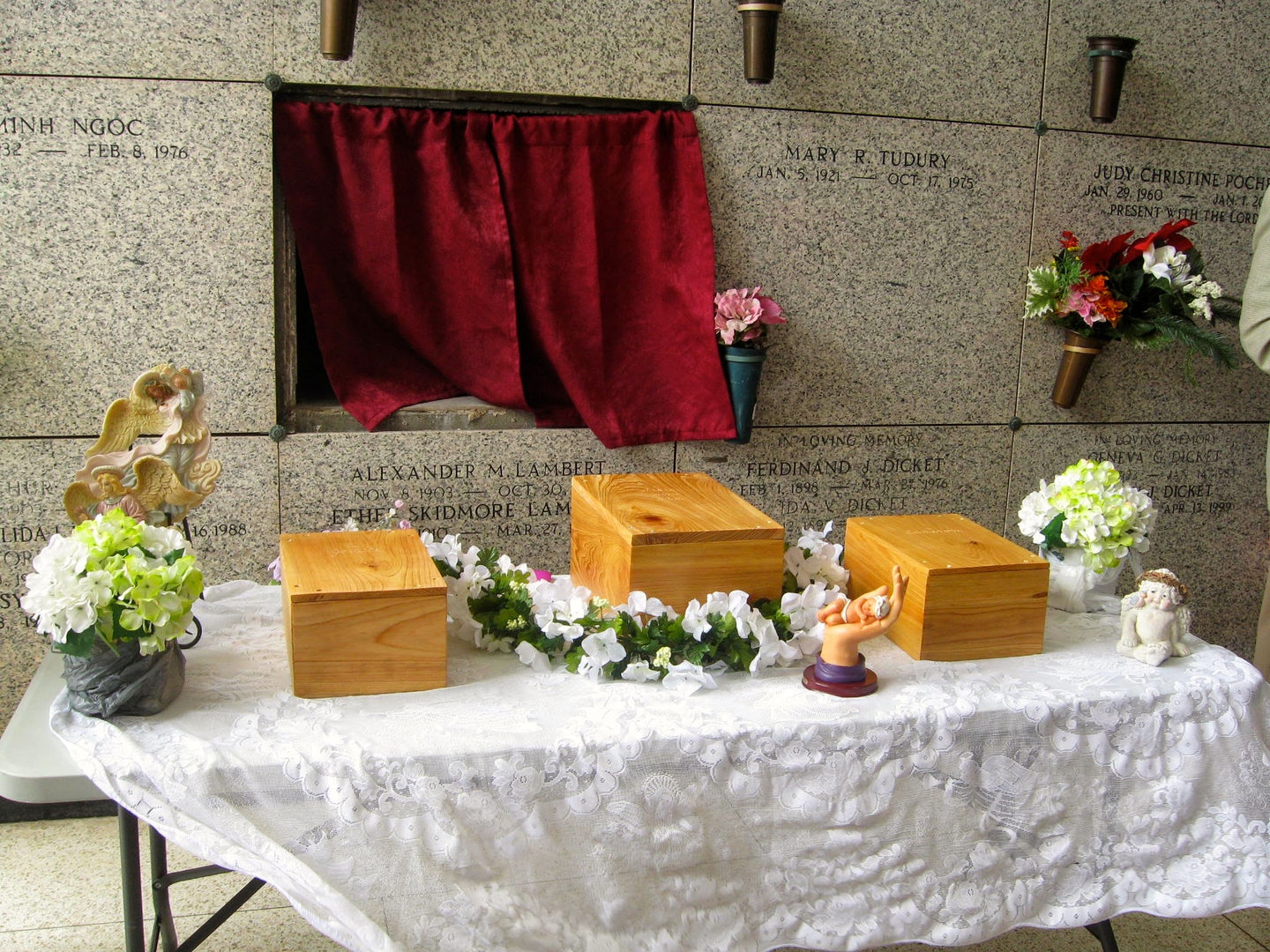
In Lafourche, tourism is a big deal
January 24, 2018
Angels aiding angels:
January 24, 2018It was no surprise that Gov. John Bel Edwards’ proposed budget for Louisiana’s coming fiscal year was a doomsday budget, with a $1 billion shortfall looming and the expiration this year of temporary taxes that have kept things lurching along at the state level so far.
Two things need to be said in fairness to the governor. One is that the shortfall wasn’t of his doing, and is clearly attributable to practices under his predecessor, Bobby Jindal. The other is that the legal requirement for the governor’s budget unveiling must amount to a realistic estimate based on what income he knows the state will have, as well as the estimates of expenses.
The proposed $25.3 billion budget would gut more than 80 percent of the money now received by the TOPS college tuition program, and cripple state health services.
Some fixes — temporary as they may be — are already under discussion.
During Monday’s Joint Budget Committee hearing Sen. Bret Allain II brought up an important point to Jay Dardenne, Edwards’ head of administration, during the latter’s presentation, which followed that of Edwards.
Although nearly everything in the state budget except health and higher education is protected by constitutional mandate from major cuts, there is a loophole through which lawmakers can crawl.
Under certain fiscal conditions which have sadly been met this year, the Constitution provides that the legislature can cut 5 percent from every state agency budget across the board. More than $1.2 billion could be saved through this effort, which would relieve the pressure for this year.
The problem with such a solution, as Allain realizes and as Dardenne made sure to point out, is that it does nothing to help with what situation the state will find itself in the following year.
We would agree that the option — which might become necessary — is not the best possible solution and should be avoided if possible. As lawmakers grapple with what other solutions might make sense, they are painfully aware of the potential for cutting TOPS, which provides tuition assistance for Louisiana’s qualified college students.
Dr. Jim Henderson, president and CEO of the Louisiana University system, issued a statement in regard to the TOPS cut potential.
“Defaulting on the promise of TOPS is unconscionable at a time when educational attainment and talent development are essential to the quality of life and economic growth of our state. We should be talking about a reinvestment in our people, especially those we have historically underserved. We understand the governor is mandated to submit a budget that aligns with the revenue forecast and that he is severely limited in where cuts can be proposed. His commitment to higher education and that of the legislature last year ensured our universities were held stable and TOPS was fully funded for the first time in nearly a decade. We look forward to working with our state leaders to secure that same commitment for our future.”
We agree with the spirit of Dr. Henderson’s statement.
We also recognize that in many cases, the solemn task lawmakers have been entrusted with is Solomonesque by nature. It is easy for us to cast stones from here in the cheap seats on those who must make such crucial decisions.
Additionally, we know that much of what Dr. Henderson said can be applied in many ways, to a number of services that affect many people.
During the joint committee hearings we also noted that heads of several state departments indicated that they are doing what they can to compress and consolidate.
But none of what is occurring to shore up the deficiency this year — including the five percent option — will do what ultimately needs to be done.
There is an urgent need for Louisiana to look over its entire taxing and spending structure, in a responsible and humane manner, to prevent these shortfalls from occurring in the future.
The time for fiscal reform is not at the moment when we are hanging over the cliff, but before the journey begins.
We look forward to recommendations for real solutions to Louisiana’s funding problems, that reflect the reality of the tough choices we must make because of previous inaction. The Constitution and all aspects of funding are ready and ripe for change. Movement toward those ends will not come soon enough.








